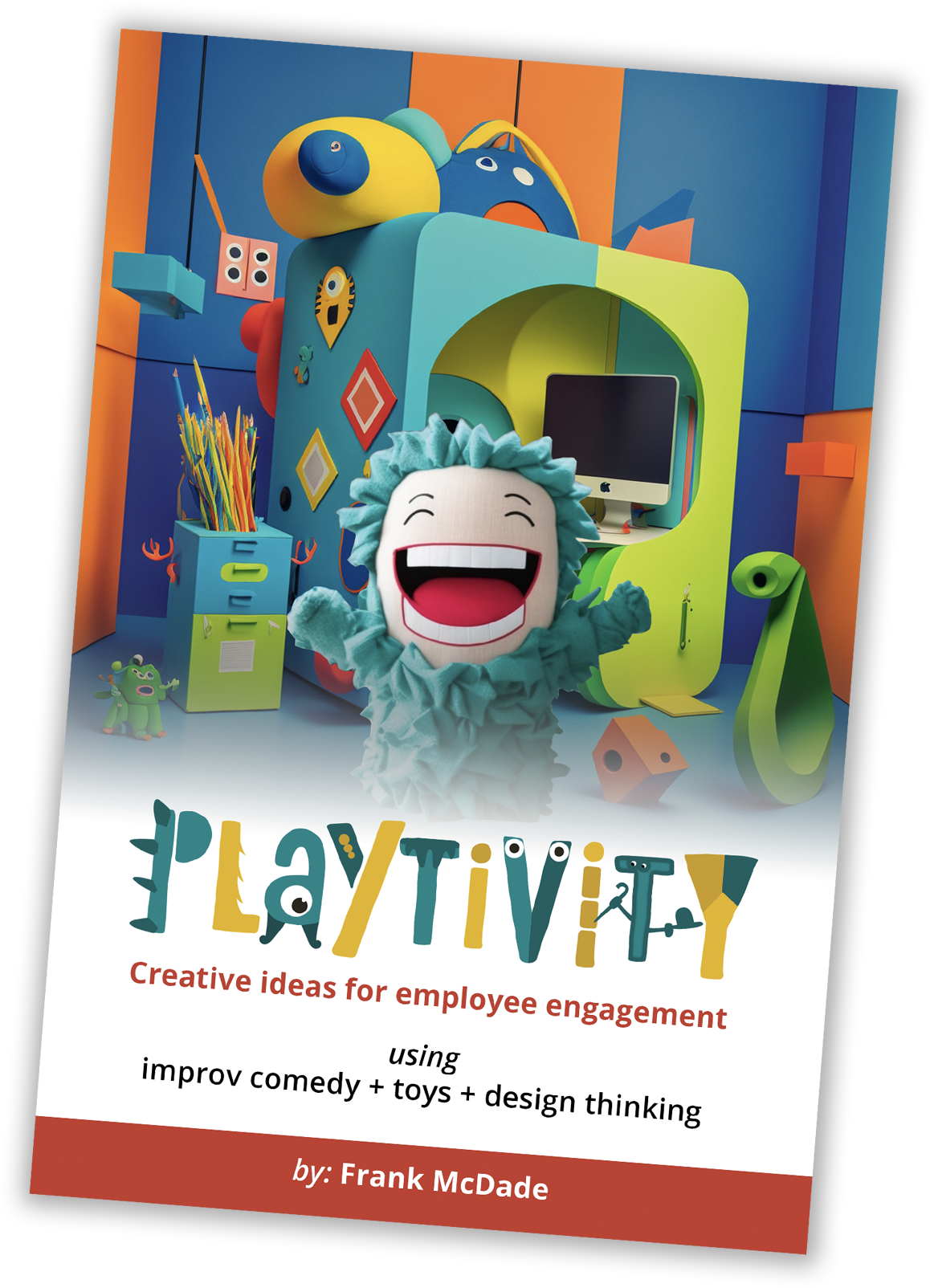When it comes to writing sketch comedy, brainstorming is key to unlocking ideas that are funny, relatable, and full of potential. This post walks you through three creative activities to spark inspiration for sketch writing: a warm-up exercise to get your ideas flowing, a brainstorming activity to help you think outside the box, and a final prompt to guide you into creating a full sketch. Whether you’re new to sketch comedy or just looking to add some fresh ideas to your repertoire, these exercises will get you ready to take on the comedy world.
Warm-Up Prompt: Character in an Unexpected Place
For this warm-up, take 5 minutes to think of a character you encounter in your everyday life—maybe it’s your local barista, a teacher, or the delivery person who drops off your packages. Now, place them in a totally unexpected setting or scenario. Imagine, for example, your barista is suddenly the anchor of a national news broadcast, or your math teacher is a secret agent on a high-stakes mission. How do they react? Do they approach the new situation with the same vibe they have in real life? Play up their reactions and see what details or mannerisms emerge when they’re completely out of their element.
This exercise helps you develop characters quickly by making them react to unpredictable circumstances. You’ll find that the oddness of the scenario highlights quirks and unique reactions that are rich with comedic potential.
Brainstorm Prompt: Everyday Objects with Ridiculous “Customer Service” Complaints
For this brainstorming activity, start by listing a handful of ordinary objects you use every day, such as your toothbrush, pillow, or microwave. Now, imagine each object has a dedicated customer service hotline where frustrated owners call to file complaints about the product.
What if the pillow keeps whispering unwanted opinions on your life choices? Or the toaster acts like a demanding gatekeeper, refusing to “release” your bread? The goal here is to let your mind go to funny extremes by inventing absurd flaws and quirks for each object.
Letting yourself dive into these absurd situations will unlock imaginative thinking and show you how humor can emerge from unexpected places.
Sketch-Writing Prompt: The Complaint Department for Misbehaving Objects
Now that you have a list of potential “complaints” about malfunctioning objects, it’s time to turn those ideas into a full sketch. Imagine a customer service department dedicated solely to handling complaints about these quirky, semi-dysfunctional objects. You can set the sketch in a call center or an in-person customer service counter, with frustrated people explaining their absurd situations to an (overly professional or increasingly baffled) customer service rep.
Here’s how to approach writing the sketch:
- Start with two or three funny complaints from your brainstorm list. Decide who might be filing these complaints—a tired parent, an irritated chef, a sleep-deprived student? Each character brings a unique frustration to the table.
- Play with the reactions of the customer service rep. Are they calm and polite as if this is completely routine, or are they trying to hold back their own disbelief as the complaints get weirder?
- Add a twist halfway through. Maybe the rep realizes they’re experiencing similar malfunctions in their own life, like the coffee maker in the break room suddenly being “on strike” or the stapler randomly ejecting staples at them. This will keep the sketch dynamic and show how the absurdity extends beyond just the customers.
- Remember this is a brainstorm and let the thoughts flow from your mind!
By the end, you can wrap up with a punchline that highlights the ridiculousness of the whole situation. Maybe the service rep finally cracks and decides to unionize the objects, or perhaps the department runs out of “replacement objects” and suggests wildly impractical “DIY fixes” instead.
Wrapping Up
These exercises are all about pushing boundaries and finding humor in the unexpected. By following the steps in this post, you’ll develop a keen eye for the kinds of absurdities that make sketch comedy both fun to write and fun to perform.

